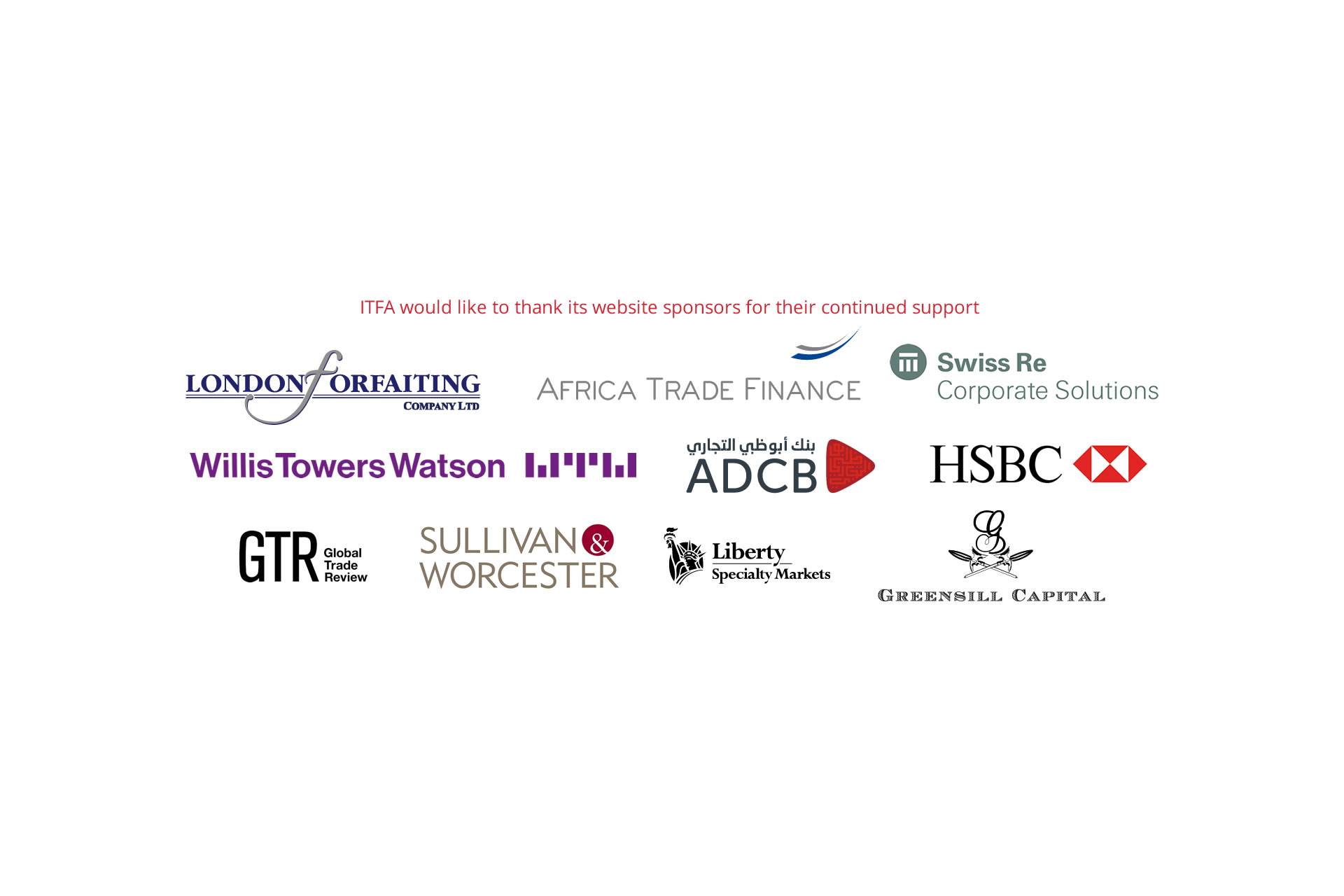>
Forfaiting News >
ITFA – Geo-Politics Creates New Challenges For Trade Finance
ITFA – Geo-Politics Creates New Challenges For Trade Finance
London, August 19, 2014: Recent global political developments may create new challenges for trade and trade finance, especially with the sanctions against Russia. This was the message from the August 2014 issue of the International Trade and Forfaiting Association’s newsletter, issued by the industry body for banks and other institutions specialising in the origination, sale and purchase of trade and trade-related receivables and debt.
“Political events across the world from Europe to Russia to the Middle East are signalling that we may face continued uncertainty in the world of trade going forward,” said ITFA Chairman, Paolo Provera, in the newsletter.
Provera added that the ITFA was now going through a restructuring to make it a body that would offer its members more knowledge, competence and networking—the tools that would help trade financiers and bankers deal more competently with the emerging challenges.
Per Fischer, Head of CEE, at Commerzbank, in an interview with Teresa Casal and Vivek Y. Kelkar, states that the events in Russia and the Ukraine pose challenges for many countries in the region and on the Russian rim. He, however, pointed out that those countries that had trade flexibility especially on oil and gas or those that had increased trade with China might be less impacted than others.
“The Russian Customs Union countries will of course be impacted, but those that have opened trade and can raise trade levels, for instance with China, may not be quite as severely affected. It depends on the degree of inter-trade dependency. Some are more dependent, others less. For instance, Azerbaijan is less dependent since they can shift a part of their exports, especially agricultural commodities to other countries. Azerbaijan has also managed to export part of their commodities to the West. Kazakhstan does have a significant trade with Russia but it also has flexibility, and it has significantly increased trade relationships with China,” says Fischer.
He also pointed out that the preparedness of banks to take Russian risk had decreased and that the country’s corporate sector would suffer as a result: “Western banks in many cases are not prepared to issue bonds or refinance bonds or loans. This is putting pressure on the Russian corporate sector. The question therefore is will the Russian banks be able to raise funds on the capital markets now? I doubt it”.
Further with the possibility that the EBRD might consider cancelling its Trade Financing Programme to Russian banks, the onus would fall on the Russian commercial banks that might not be in a position to bear it, and this risk would be acute especially for smaller Russian companies, Fischer advised. “It is indeed very serious because others might follow suit given the Russian political situation.”
Fischer added that the healthy Russian currency reserves situation would help the country weather the storm for a while, although, “Investing in Russia is actually more risky than before – but the country still offers big opportunities for FDI and trade – now it is a political question whether investors become bullish again for Russia.”
Within the region, “I would certainly prefer Poland and the Czech Republic and I would also add Azerbaijan and Kazakhstan. Latvia and Lithuania are also doing better than expected. Among other countries, Turkey has also done much better than expected. There is still of course a substantial current account deficit but it is narrowing, which is good. The Turkish economy is in quite good shape. It is growing quite stably with ca. 3% as forecasted for 2014.”
These issues, as well as a focus on Africa, will be further explored and debated in the ITFA’s annual conference, taking place in Barcelona this September.
The accompanying newsletter is available at:
http://tradeandforfaiting.blogspot.co.uk/
For further information contact:
Teresa Casal,
Adviser, Special Projects and Media
Email: teresa.casal@logixtest.com
http://logixtest.com/
 ITFA represents the rights and interests of banks, financial institutions and service providers involved in trade risk and asset origination and distribution.Our Mission""
ITFA represents the rights and interests of banks, financial institutions and service providers involved in trade risk and asset origination and distribution.Our Mission"" International Trade & Forfaiting AssociationFinancing trade around the World!
International Trade & Forfaiting AssociationFinancing trade around the World!

 International Trade & Forfaiting AssociationFinancing trade around the World!
International Trade & Forfaiting AssociationFinancing trade around the World! International Trade & Forfaiting AssociationFinancing trade around the World!
International Trade & Forfaiting AssociationFinancing trade around the World!